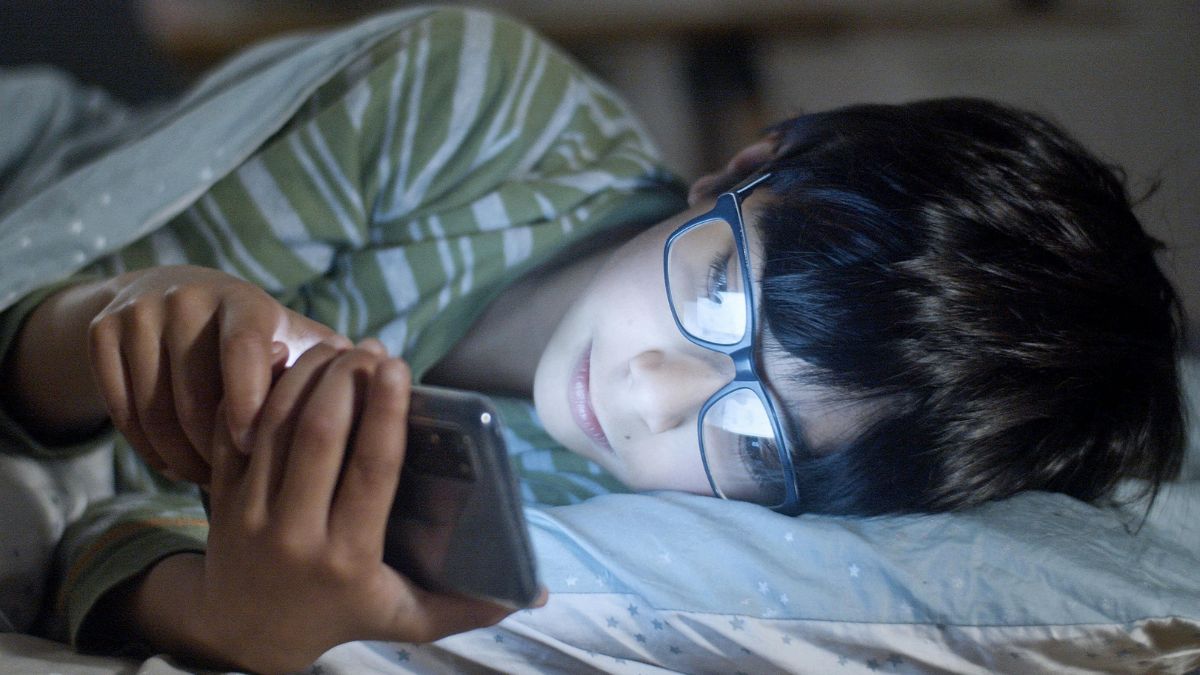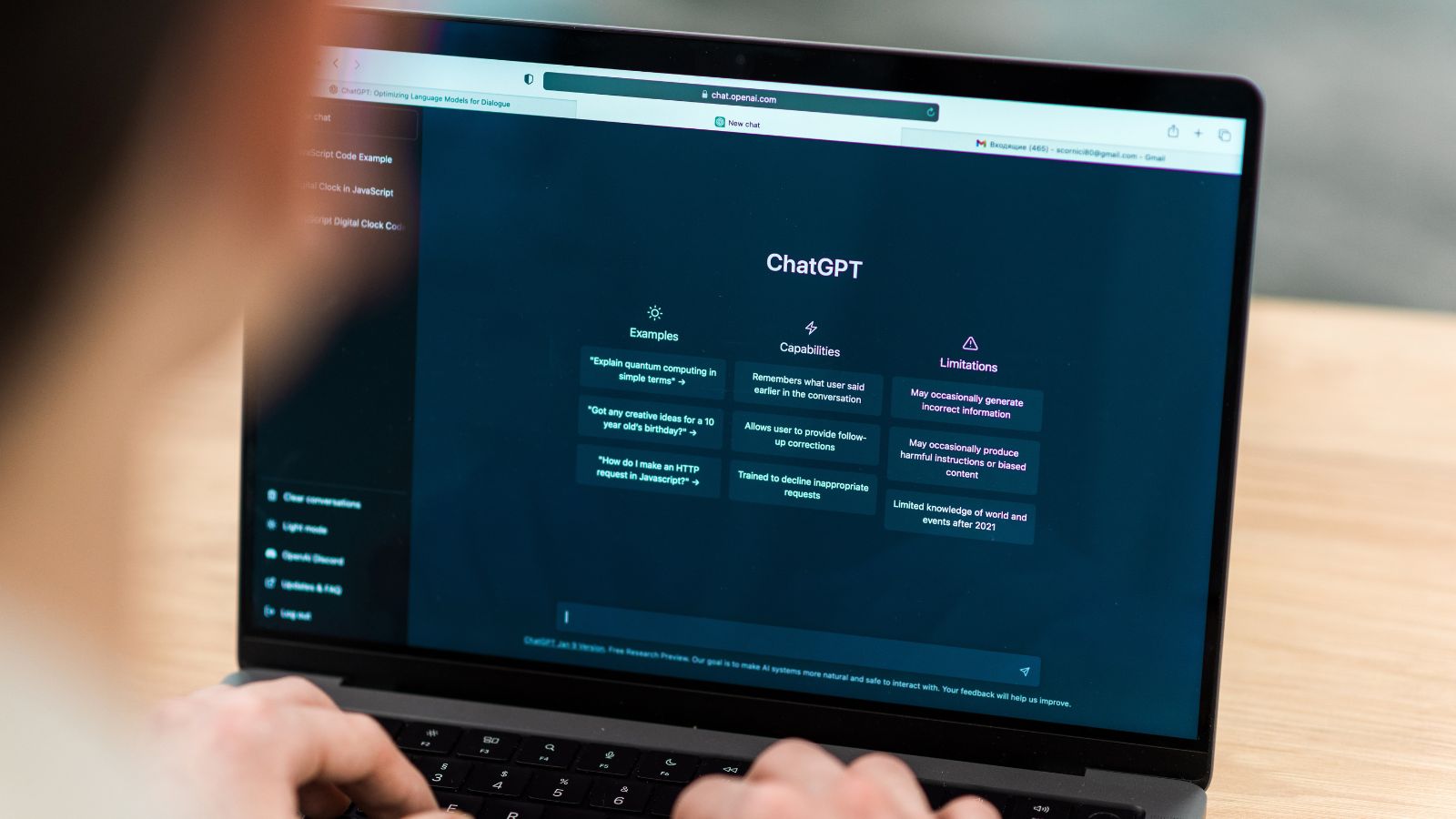
Protect Your Child's Eyes from Screen Damage
In today's fast-paced digital age, smartphones have become ubiquitous, even among toddlers. The allure of cartoons, gaming, and online classes keeps children engaged on screens for hours. While parents often worry about the psychological effects of excessive screen time, one critical risk remains underappreciated: the potential damage to children's eyes.
Dr. Priyanka Singh, a Consultant and Ophthalmic Surgeon at Neytra Eye Centre in New Delhi, warns that many parents may not notice the damage until it is too late. Conditions such as myopia (short-sightedness) and squinting disorders are increasingly common among children, and they are being diagnosed at younger ages than ever before. With children spending more time indoors and less time outdoors, their ability to focus on distant objects is deteriorating, posing a long-term risk to their vision.
Excessive screen time can also lead to vision imbalances, which may result in strabismus (squint). This condition misaligns the eyes and can require corrective measures if not addressed promptly. Moreover, screen exposure at an early age may increase the risk of amblyopia (lazy eye), where one eye becomes weaker than the other. If untreated, this could lead to significant vision problems throughout life.
Prolonged use of screens can cause dry and irritated eyes, leading to allergic conjunctivitis, characterized by symptoms like itching, redness, and persistent watering. To combat these issues, parents should encourage eye-healthy nutrition. Foods rich in antioxidants, such as fruits, leafy greens, and nuts, play a crucial role in maintaining sharp eyesight.
Additionally, opting for television over smartphones can reduce strain, as maintaining distance is beneficial. Balancing screen time with outdoor play is essential for both eye health and overall development. Parents should also be vigilant about signs of potential eye problems, such as excessive eye rubbing or squinting.
Routine eye exams starting at age 3 or 4, followed by annual check-ups, are vital for early detection of vision issues. Instead of relying on screens for entertainment, parents can spend quality time with their children through conversations, play, and shared hobbies. This emotional connection can help reduce dependency on gadgets.
Phone addiction in children is no longer just about lost sleep or shorter attention spans; it's affecting something as vital as their eyesight. As Dr. Priyanka Singh emphasizes, taking early action, scheduling regular check-ups, and practicing mindful parenting can significantly impact their eye health. Remember, your child’s eyes are irreplaceable. Protect them today to ensure they can see a brighter tomorrow.
Disclaimer: Tips and suggestions mentioned in the article are for general information purposes only and should not be construed as professional medical advice. Always consult your doctor or a dietician before starting any fitness program or making any changes to your diet.













